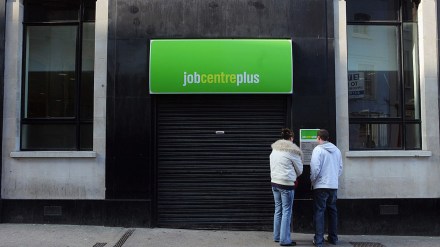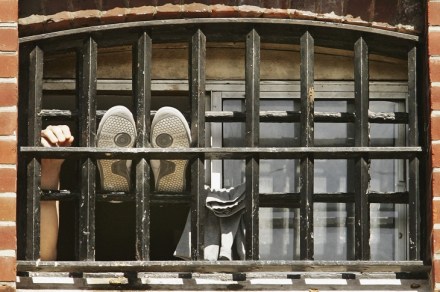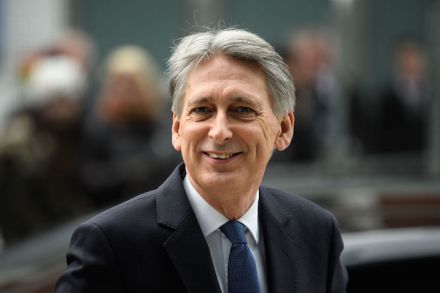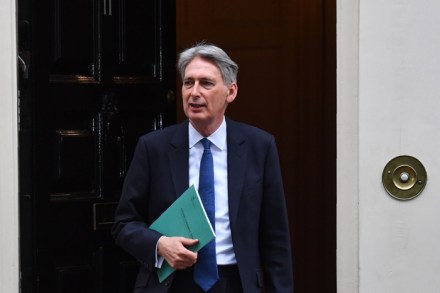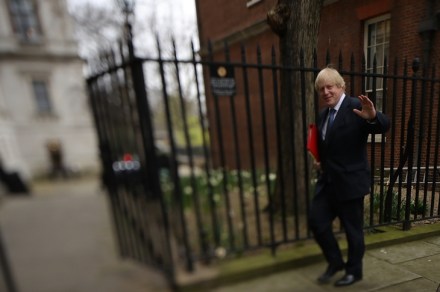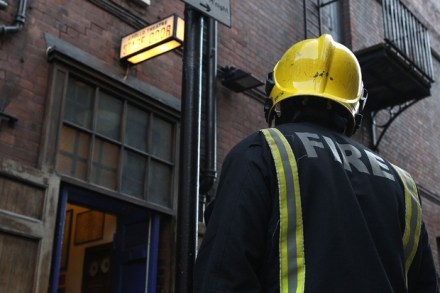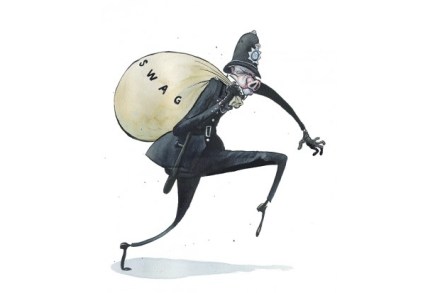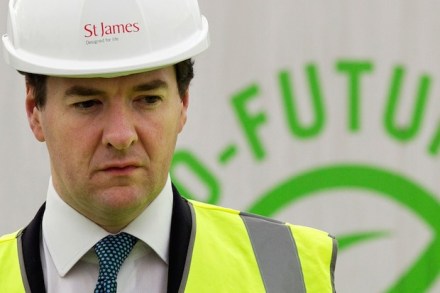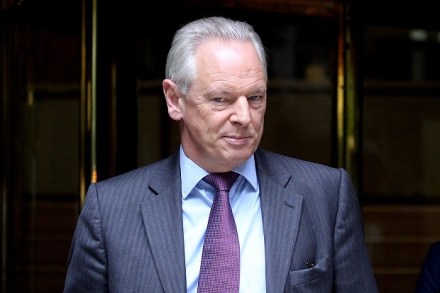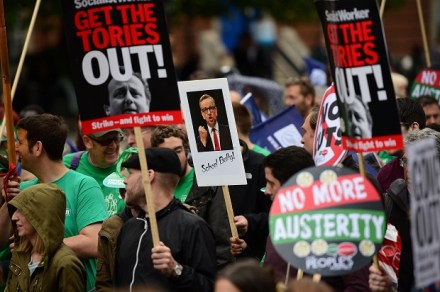The looming Covid unemployment catastrophe
Just how widely is the economic pain from Covid-19 being felt? Still surprisingly little, according to the latest employment figures from the Office of National Statistics (ONS). The absence of an explosion in unemployment goes some way to explaining why the lockdowns and restrictions have been accepted so meekly by the population at large. That said, unemployment is beginning to rise significantly now. There are now 819,000 fewer payroll employees compared with the start of the crisis in February. The employment rate stands at 75.2 per cent, 0.9 per cent down on a year ago, and the unemployment rate is 4.9 per cent, up 1.2 per cent. Still, this is
